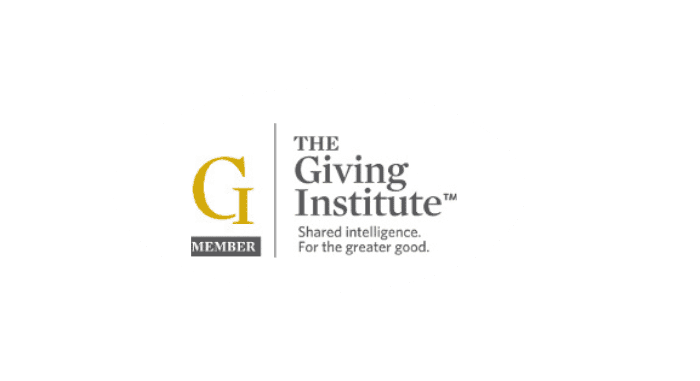Allow me to propose a scenario. Imagine you make widgets and are considering launching a new widget. Before you go to market, you would like to know if your customers will buy the new widget. A consultant comes to you and says that for several thousand dollars, they will go out and talk with your top 30 customers about the new widget. The consultant will get feedback on what they like and don’t like about the new widget and find out if they would buy the new widget, how many widgets they would likely buy and if there is anything you could do that would influence them to buy an even larger quantity of widgets. The consultant will also ask them what they like and don’t like about your business, your other widgets and how you treat them as customers.
After the interviews are completed, the consultant will tell you if you should launch your new widget and how many widgets you are likely to sell. That would be really valuable information to have before you start making the new widget, right?
But here is the catch — they will not tell you what any of your best customers said they like or don’t like about your company or products. The consultant also will not share with you which of your best customers indicated they would actually purchase the new widget or how many widgets particular customers would be interested in purchasing. And they will not share any specifics about what you could do that would influence a particular customer to purchase a larger quantity of your new widget.
All of the sudden, this process does not seem quite as valuable, does it? I don’t know about you, but I want to know what my best customers like and don’t like about my business, and I certainly don’t want to waste our sales force’s time trying to sell the widget to people who said they aren’t interested.
Would you spend thousands of dollars for a consultant to give you such limited information? I wouldn’t.
Yet, for more than 50 years, nonprofit organizations have purchased this exact service under the label of a campaign feasibility study. Much like the above scenario, a campaign feasibility study provides an organization with valuable information about its campaign fundraising potential. The problem is that clients have had to live with vague feedback simply because the consultant told them that conversations with their top donors must remain confidential in order to collect the necessary information.
This is simply not the case.
The Confidentiality Problem Of Nonprofit Insights
A little over 10 years ago, we decided to test this long-held confidentiality theory. So, we asked clients’ donors, whom we had interviewed for a study, “How would you have felt if we told you the interview was not going to be confidential but, instead, that we would share information with the organization to help them make informed decisions, and that if there was anything you did not want shared, we would put in it the vault?”
Across the board, we heard responses similar to, “That would be great! I always assumed that the consultant was going to run back and share what I said anyway, so I was always a little guarded,” and “I would appreciate that very much. If I’m going to take an hour of my time to give my thoughts, I want the organization to hear them.”
It turns out that even when consultants position the interviews as confidential, the people being interviewed don’t believe that to be the case — essentially assuming fundraising consultants are liars. As someone who has spent nearly 30 years as a fundraising consultant, that was a very difficult thing to digest.
Breaking The Mold Of The Confidential Campaign Feasibility Study
This new understanding caused us to change how we go about conducting campaign feasibility studies. From day one, we make sure the donors we are interviewing understand that we take confidentiality seriously and that they can go “off the record” at any time and know that we will honor their request. This has allowed us to have some frank conversations with donors — conversations they would have likely never had with us when they were suspected of our commitment to their confidentiality.
It has also given us the latitude to debrief with our clients after the interviews so that the organizations we work with can understand what each donor likes and does not like, if they will contribute to the capital campaign, the likely level of contribution and any factors that might encourage them to contribute more. By having these conversations, we allow our clients to make well-informed decisions and be our partner in crafting campaign strategies.
My advice to you: If you are hiring a consultant to conduct a study, be sure to ask if the interviews are confidential and, if so, how they will relay important information to you. If you, too, find that confidential interviews have shortcomings, you can ask your consultant if they would consider doing the interviews without confidentiality, even if that is not their normal practice.
The most important thing is to make sure that whoever you hire clearly communicates the nature of the interview with the interviewees. If it is not confidential, that needs to be made clear when the interview is requested and again by the consultant when the interview begins. If it is confidential, then you need to make sure that you and the consultant honor that commitment to the donor.
From my perspective, the confidential feasibility study model is a barrier to the process, not a catalyst, and a disservice to clients. Not only do I encourage my colleagues in the fundraising field to do away with the tradition of confidential studies, but I also encourage nonprofit clients to request a transparent interview process for their own benefit.
This article originally appeared on Forbes.com.



